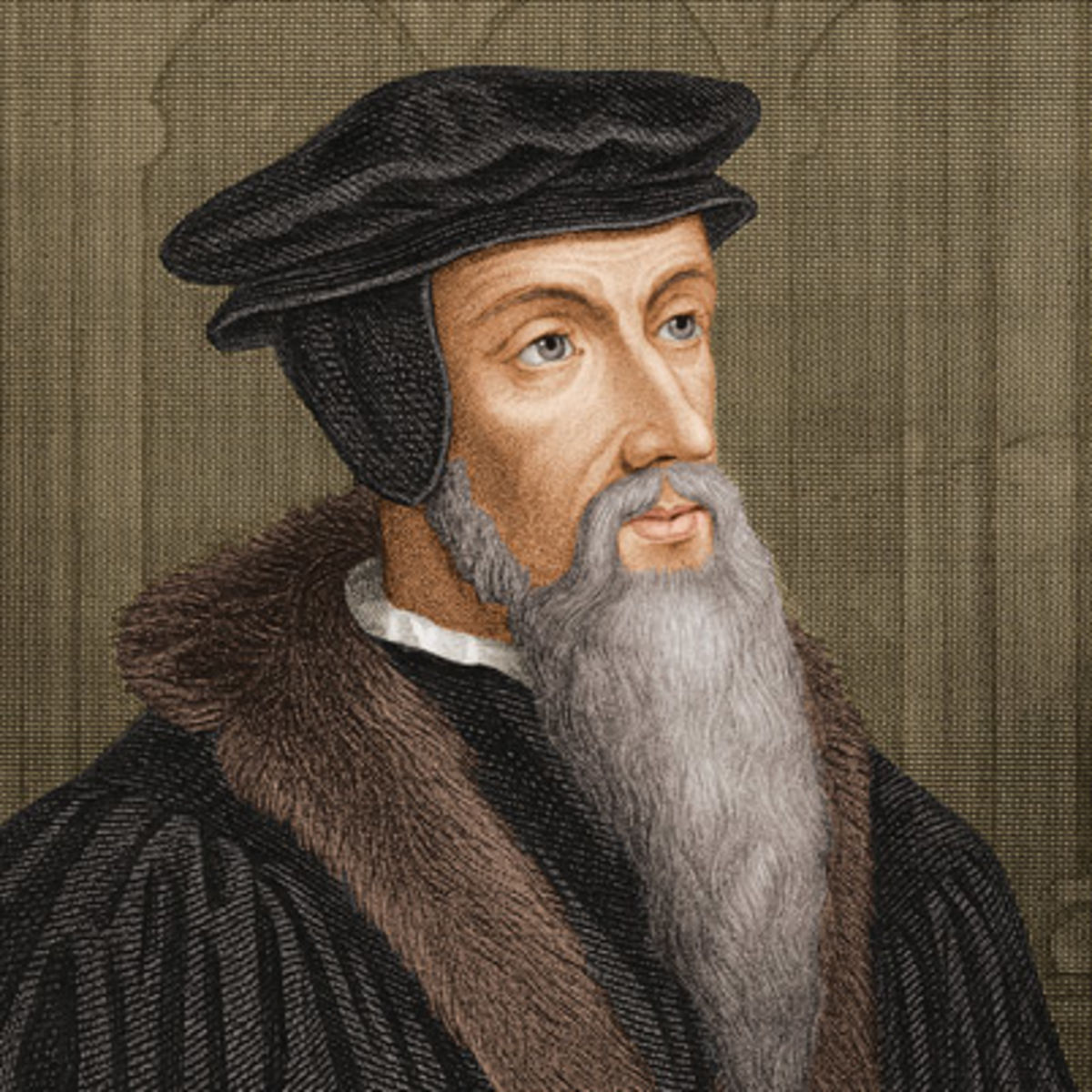
Part I
Part II
Part III
Part IV
Part V
Part VI
Part VII
Part VIII
Part IX
And it came to pass, when men began to multiply on the face of the earth, and daughters were born unto them, that the sons of God saw the daughters of men that they were fair; and they took them wives of all which they chose.
–Genesis 6:1-2 (NKJV)
John Calvin comments on this passage:
Now, although all mankind had been formed for the worship of God, and therefore sincere religion ought everywhere to have reigned; yet since the greater part had prostituted itself, either to an entire contempt of God, or to depraved superstitions; it was fitting that the small portion which God had adopted, by special privilege, to himself, should remain separate from others. It was, therefore, base ingratitude in the posterity of Seth, to mingle themselves with the children of Cain, and with other profane races; because they voluntarily deprived themselves of the inestimable grace of God. For it was an intolerable profanation, to pervert, and to confound, the order appointed by God. It seems at first sight frivolous, that the sons of God should be so severely condemned, for having chosen for themselves beautiful wives from the daughters of men. But we must know first, that it is not a light crime to violate a distinction established by the Lord.
In Calvin’s view nations, like clans and nuclear families, are instruments established by God for the purpose of preserving the true religion. These covenantal structures have divinely established purposes, and are therefore to be respected and preserved via some level of separation. One of the means unto this separation is avoiding miscegenation, more commonly known as interracial marriage. Calvin, in this commentary, even goes as far as to call miscegenation a covenant-breaking abomination that deprives one of God’s grace. Calvin argues that racial distinctions are not to be violated without incurring the wrath of God.
Calvin’s ethnonationalist theology is by no means invalidated by what he writes concerning erroneous interpretations of this text:
That ancient figment, concerning the intercourse of angels with women, is abundantly refuted by its own absurdity; and it is surprising that learned men should formerly have been fascinated by ravings so gross and prodigious. The opinion also of the Chaldean paraphrase is frigid; namely, that promiscuous marriages between the sons of nobles, and the daughters of plebeians, is condemned. Moses, then, does not distinguish the sons of God from the daughters of men, because they were of dissimilar nature, or of different origin; but because they were the sons of God by adoption, whom he had set apart for himself; while the rest remained in their original condition.
It is important to rightly understand the structure of this passage. Calvin refutes two interpretations of the text, namely 1) that it refers to intercourse between angels and men, and 2) that it referred to marriages between people of distinct classes. He then goes on to say that the passage doesn’t refer to marriages or intercourse between those 1) “dissimilar in nature” or 2) “of different origin,” but has to do with the adoption as children from God.
When Calvin writes on the dissimilarity in nature, it is clear that he refers to the radical differences in species between men and angels, as opposed to racial differences within the species of mankind. When he refers to differences in origin, the context makes clear that he is referring to differences in class from within the same nation. All this is, however, not to say that Calvin does not condemn these types of marriages as ungodly. He is simply explaining the meaning of a particular text so as to warn his readers against those interpreters who commit eisegesis based upon an erroneous reading.
Furthermore, when he emphasizes adoption as God’s children as the core reason for their separation, this in no way invalidates the value of racial lineage as the divinely established means for the covenantal preservation of true religion, as Calvin explained in the first passage. As the Tower of Babel and so many multicultural empires throughout history would prove, mass miscegenation always generates covenant-breaking, godless societies.
Part XI: John Calvin on Ethnic Amalgamation as Disturbing Good Order
| Tweet |
|
|
|




